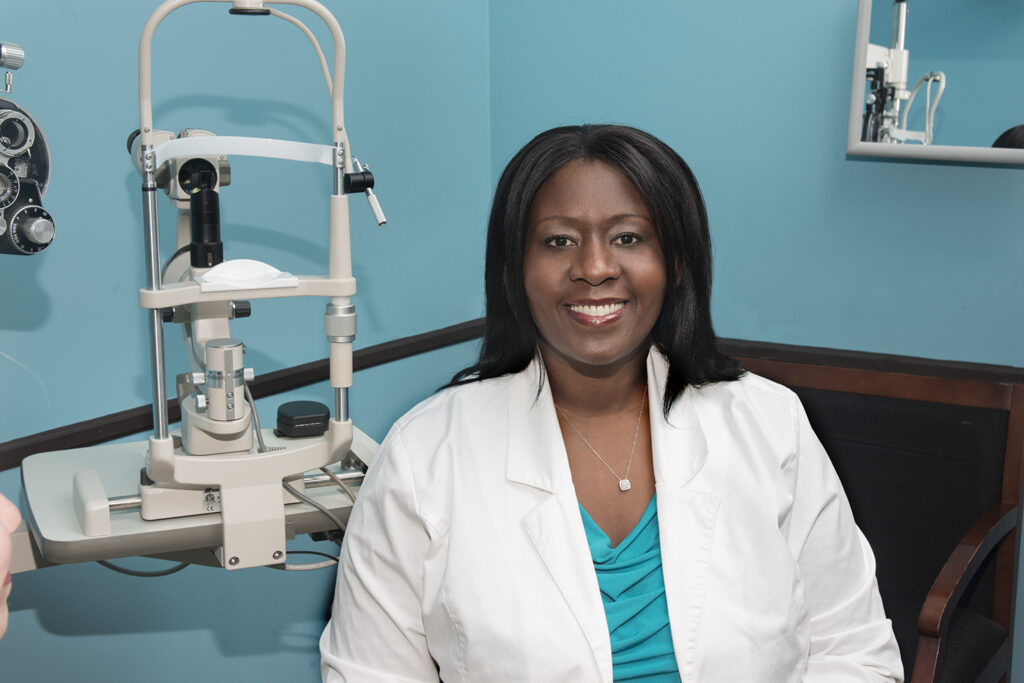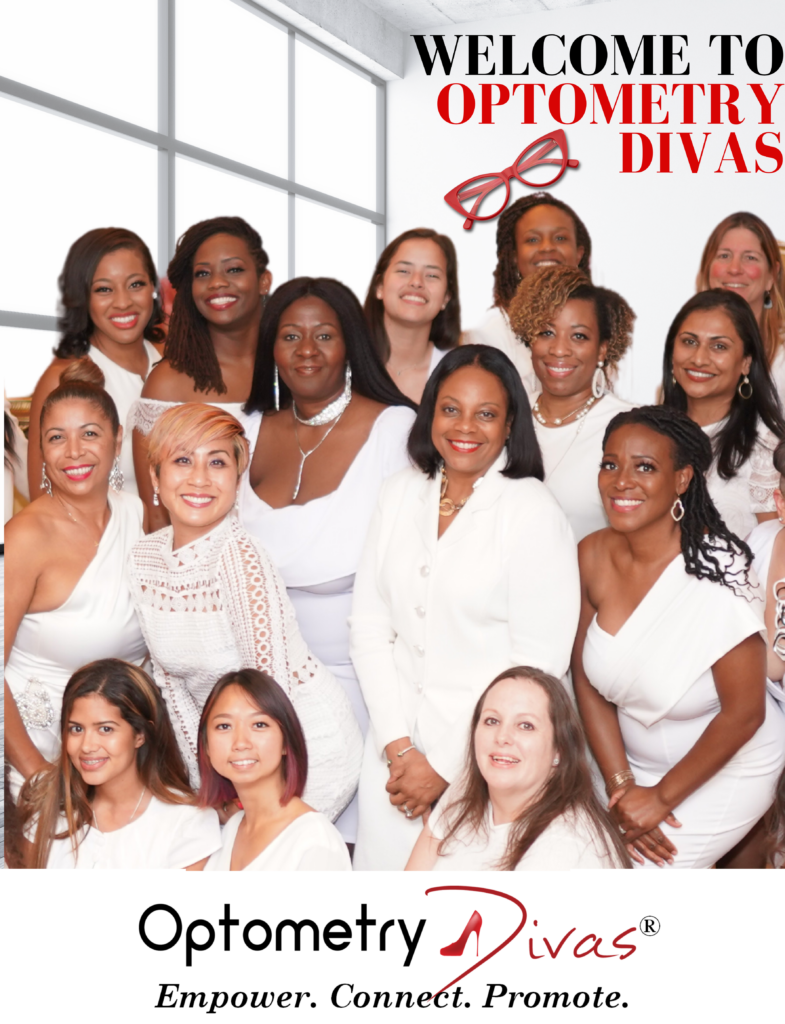Self-Esteem vs. Self-Confidence: Understanding the Key Differences for Personal Growth

Did you know there’s a fundamental difference between self-esteem and self-confidence? Though these two terms are often used interchangeably, they refer to distinct aspects of our psychology that can shape how we approach our lives, our careers, and our relationships. Understanding the difference is crucial for personal and professional growth—especially for women optometrists navigating a competitive and demanding field.
What is Self-Confidence?
Self-confidence is your belief in your abilities—your knowledge, skills, and competence to achieve something. It’s the faith you have in yourself that you can accomplish a task, meet a challenge, or reach a goal. When you’re confident, you approach life with a sense of capability and readiness.
Confidence comes from experience, learning, and taking action. It grows as you achieve successes—no matter how small. According to the American Psychological Association (APA), self-confidence is built through competence and mastery. Whether you’re fitting a challenging pair of contact lenses or tackling a complex case, every success adds to your confidence.
Example: Dr. Sarah, a young optometrist, found herself building confidence every time she successfully treated a patient. Initially, she was nervous about prescribing the right treatments, but as her experience grew, so did her self-confidence. Each success felt like another tool added to her mental toolbox.
What is Self-Esteem?
Self-esteem, on the other hand, is how you value and appreciate yourself. It’s about recognizing your worth as a human being, regardless of your achievements. While confidence is about what you can do, self-esteem is about who you are. It’s more internal, emotional, and stable than self-confidence because it’s not tied to specific achievements or validations from others.
Self-esteem says, “I deserve to be respected and valued, simply because I exist.” It’s the foundation that supports your emotional health, shaping how you see yourself in relation to others and the world. As noted by the APA, self-esteem is about unconditional self-acceptance.
Example: Dr. Sarah realized that while confidence helped her in her optometry practice, she also needed self-esteem to maintain a healthy emotional balance. Even when she made mistakes or encountered difficult patients, her self-esteem reminded her that she was worthy and capable of learning and growing. She learned to practice self-compassion and not tie her worth to any one performance.
The Key Differences
- Self-Confidence is about trusting your abilities to do something. It fluctuates depending on your achievements, feedback, and experiences.
- Self-Esteem is about valuing yourself regardless of your accomplishments. It provides emotional stability and remains consistent through life’s ups and downs.
Why Both Matter
Confidence fuels performance, but self-esteem sustains you during setbacks. When you have a balance of both, you can approach challenges with optimism and resilience. The two work together in a delicate dance. When one is lacking, it affects the other.
- If you have confidence without self-esteem, you might excel professionally but feel emotionally drained or worthless when things don’t go as planned.
- If you have self-esteem without confidence, you may feel content with yourself but struggle to push yourself out of your comfort zone or take on new challenges.
3 Practical Tips to Build Both Self-Confidence and Self-Esteem
- Take Small Steps to Build Confidence
Confidence grows through action. Start small by tackling tasks that challenge you. Every time you push yourself to take on a new challenge—whether it’s learning a new skill in optometry, presenting at a conference, or starting a new business venture—you strengthen your self-confidence. Example: Sarah felt unsure about hosting her first optometry workshop. After successfully leading a small group through a presentation, her confidence skyrocketed, inspiring her to host larger workshops in the future. - Practice Self-Compassion to Boost Self-Esteem
Treat yourself as kindly as you would a friend. When you make a mistake or feel inadequate, remind yourself that these are natural parts of the human experience. Self-esteem grows when you practice unconditional acceptance, even during your lowest moments. Example: After a difficult patient interaction, Sarah was tempted to criticize herself. Instead, she reminded herself that one challenging encounter didn’t define her competence as a practitioner. - Surround Yourself with Support
Build a network of people who uplift and encourage you. When you’re surrounded by positivity, it reinforces both self-confidence and self-esteem. In a supportive environment, you’ll feel more empowered to take risks, learn from setbacks, and grow personally and professionally. Example: Sarah joined a mastermind group of fellow optometrists who shared their successes, challenges, and strategies. This supportive network helped her gain insights, boost her confidence, and strengthen her self-esteem.
The Importance of Both for Women Optometrists
As a woman optometrist, balancing both self-esteem and self-confidence is essential for personal fulfillment and professional success. Confidence gives you the courage to push forward in your practice, while self-esteem ensures that you remain grounded and resilient when faced with setbacks.
Call to Action: Join the Optometry Divas Community!
Dr. Sarah’s journey shows how important it is to nurture both self-esteem and self-confidence as a woman in the optometry field. Are you ready to strengthen your confidence, build your self-esteem, and thrive both personally and professionally?
Join the Optometry Divas Community for exclusive content, resources, and a supportive network designed to empower women optometrists. Click HERE to become part of a community that celebrates your growth and success!
“Believe in yourself, value yourself, and you’ll discover that the possibilities are endless.”





